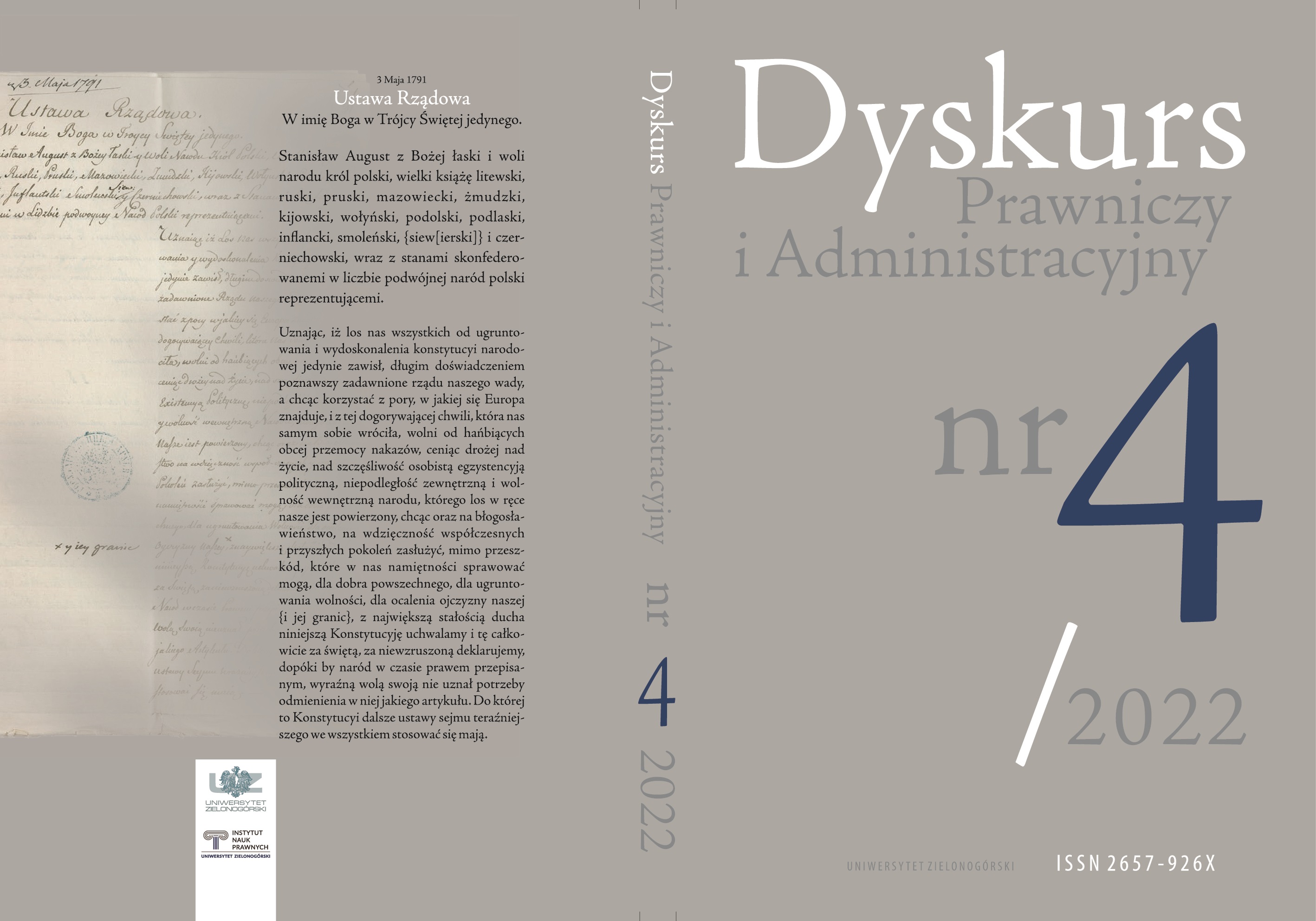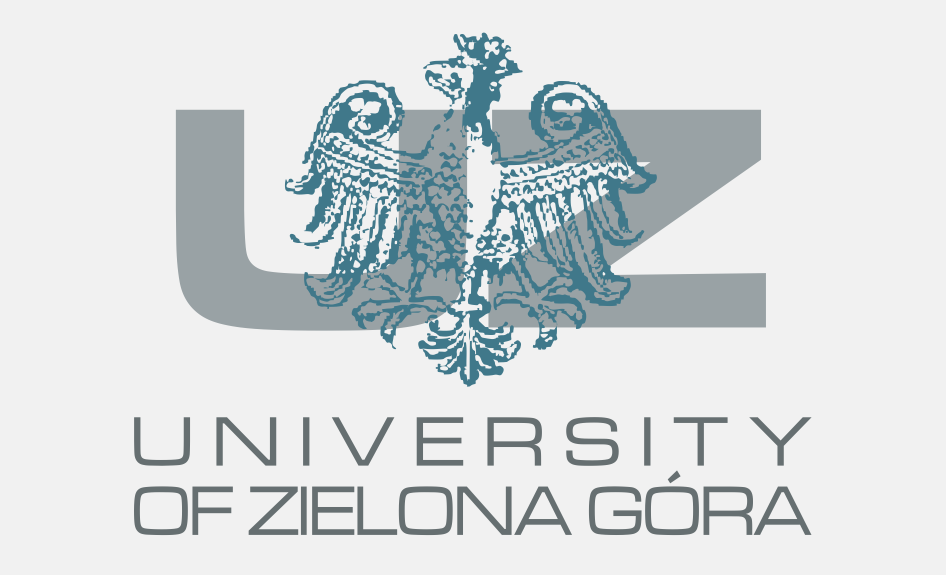Free medicines for seniors and e-illiteracy – about the necessity to devise adequate legal solutions
Keywords:
Internet Patient Account (IKP), seniors, digital exclusion, free medicines for seniors, access to medical dataAbstract
As a result of the adopted amendment to the Act on health care services financed from public funds, implemented in 2016, recipients above the age of 75, were able to obtain free provisions of certain drugs. Initially, the catalogue of entities approved to issue such prescriptions was essentially limited to service providers carrying out primary health care services. In 2020, this catalogue was expanded to include specialists and physicians after finishing a hospital treatment. However, due to the lack of ready IT system, these entities acquired the right to issue such prescriptions only from January 1, 2021. At the same time, however, the service provider is required, before issuing a prescription for free drugs, to verify the drugs previously prescribed and obtained by the recipient. In the case of specialist and physicians after finishing a hospital treatment, to be able to carry out such verification is depended on the recipient’s admitting the right to access medical records for physician. For this, an active Internet Patient Account (Internetowe Konto Pacjenta, IKP) is required, which is rare among seniors. Linking the possibility to receive prescriptions for free drugs with the activation of IKP exhibits a lack of equal treatment of beneficiaries. Particularly considering the aging of the society and the high level of e-illiteracy, noticed among the oldest citizens in Poland, it is essential to amend the regulations on free medicines for seniors so that no one is rejected from entitled health service, as a result of digital exclusion, lack of abilities or readiness to activate IKP healthcare services. The outcome of the multidimensional analysis presented in the article are propositions de lege ferenda.
References
Centrum e-zdrowia (2021), Już 10 milionów Polaków korzysta z Internetowego Konta Pacjenta w serwisie pacjent.gov.pl, 6 lipca, https://cez.gov.pl/aktualnosci/szczegoly/juz-10-milionow-polakow-korzysta-z-internetowego-konta-pacjenta-w-serwisie-pacjentgovpl/.
Centrum e-Zdrowia (2021), Wniosek o udostępnienie informacji publicznej dotyczącej danych na temat liczby osób, które mają aktywne IKP, WPE.0112.1.2021; 2021-33483, 2 listopada, Warszawa.
GUS, Ludność. Stan i struktura ludności oraz ruch naturalny w przekroju terytorialnym (stan w dniu 30.06.2021), Warszawa 2021, Tabela 1. Ludność według płci i wieku.
GUS, Ludność. Stan i struktura ludności oraz ruch naturalny w przekroju terytorialnym (stan w dniu 31.12.2020), Warszawa 2021, Tabela 1. Ludność według płci i wieku.
GUS, Ludność. Stan i struktura ludności oraz ruch naturalny w przekroju terytorialnym (stan w dniu 31.12.2019), Warszawa 2020, Tabela 1. Ludność według płci i wieku.
Kwiatkowska E.M., Analfabetyzm cyfrowy – czy stanowi problem?, XVII Zjazd Polskiego Towarzystwa Nadciśnienia Tętniczego, Gdańsk, 24-26 czerwca 2021 r.

Published
How to Cite
Issue
Section
Copyright (c) 2023 Ewa M. Kwiatkowska

This work is licensed under a Creative Commons Attribution-NonCommercial-NoDerivatives 4.0 International License.




